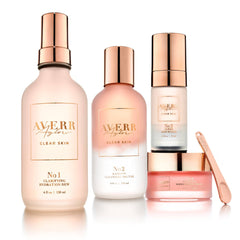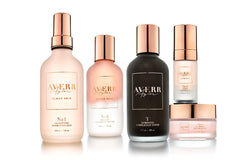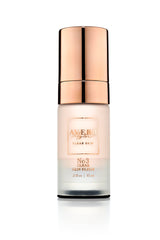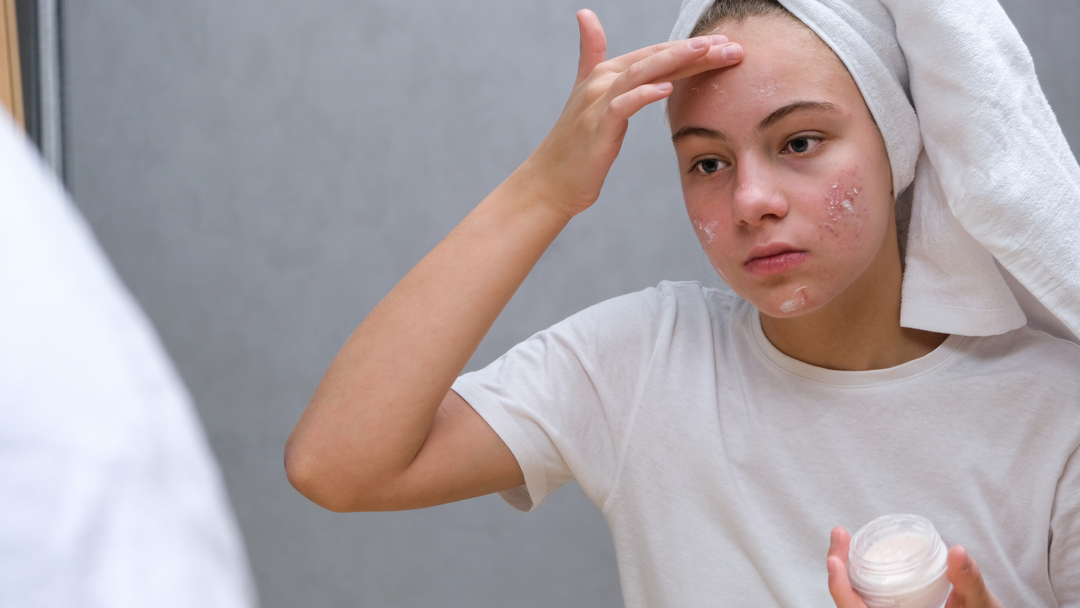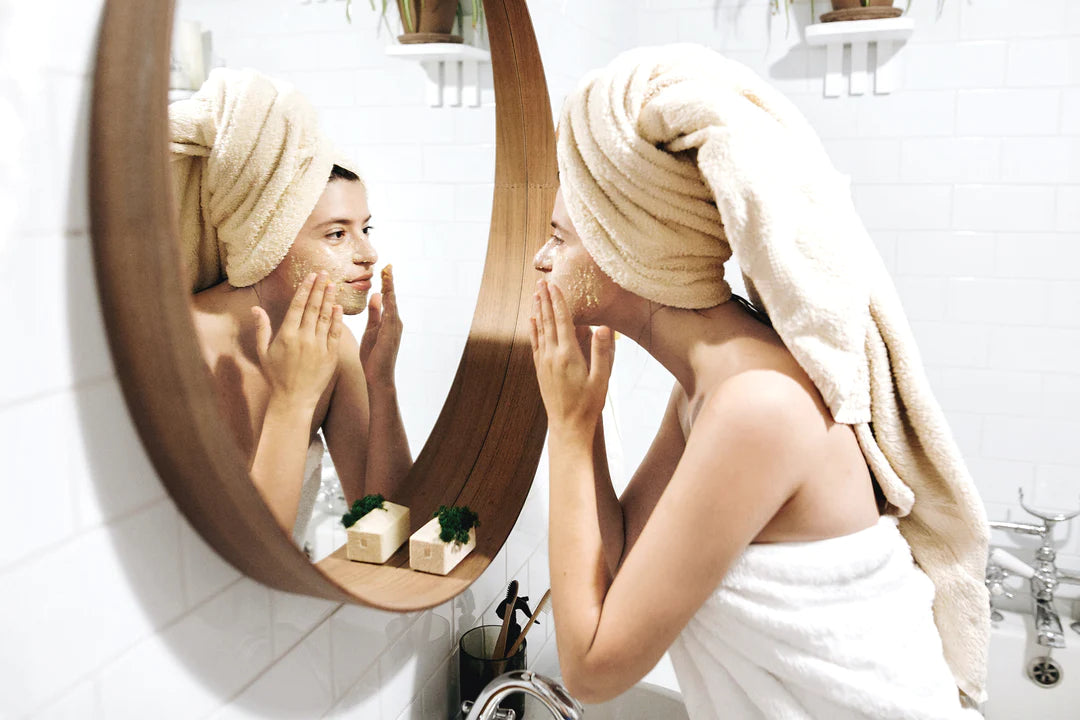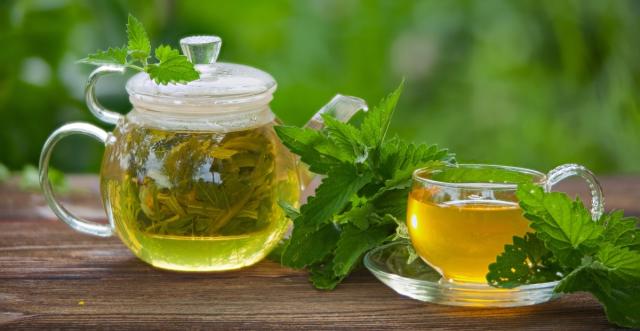What is Inulin?
Inulin is a type of carbohydrate, specifically a polysaccharide, that belongs to a class of compounds known as fructans. It is naturally occurring and can be found in various plants, particularly those in the Asteraceae family, which includes dandelions, chicory, and Jerusalem artichokes, among others. Inulin is a versatile ingredient used in cosmetics and personal care products due to its unique properties and benefits for the skin.
Here are some of how inulin is used in cosmetics:
- Emollient and Moisturizing: Inulin has emollient properties, which means it helps to soften and smooth the skin's surface. It also functions as a humectant, attracting and retaining moisture. This makes it a valuable ingredient in moisturizers, creams, and lotions, helping to hydrate and nourish the skin.
- Texture and Feel: Inulin is often used to enhance the texture and feel of cosmetic products. It can provide a silky, smooth texture to creams and lotions, making them more pleasant to apply and improve the overall user experience.
- Thickening Agent: Inulin can be used as a natural thickening agent in cosmetics, helping to give products the desired consistency. It contributes to the creamy texture of many skincare items, including body creams and facial masks.
- Stabilizer: Inulin can help stabilize emulsions in cosmetic formulations. Emulsions are mixtures of oil and water, which are common in many skincare products. Inulin helps prevent the separation of these ingredients.
- Skin Soothing: Inulin has soothing properties that can benefit sensitive or irritated skin. It can help calm redness and reduce discomfort, making it a suitable ingredient for products designed for sensitive skin.
- Microbiome Support: Inulin is recognized for its prebiotic properties, which can help support the skin's microbiome. A balanced and healthy skin microbiome is essential for maintaining good skin health.
- Natural and Eco-Friendly: Inulin is a natural ingredient derived from plants, making it a popular choice for brands focusing on natural and eco-friendly formulations.
- Preservative Booster: In some cases, inulin can enhance the effectiveness of preservatives in cosmetics. This allows for the reduction of chemical preservatives in formulations, which can be beneficial for those with sensitivities or those looking for more natural products.
How Inulin help with acne:
Inulin is a natural prebiotic that helps to rebalance the skin’s microbiota and offers skin hydration that outperforms hyaluronic acid. Based on inulin extracted from the chicory root and agave to selectively support protective organisms to help restore the microbiota layer.
Here's how inulin can potentially help with acne management:
- Hydration: Inulin is known for its ability to provide and retain moisture in the skin. Proper skin hydration is important for maintaining skin health. Well-moisturized skin is less likely to become excessively dry or produce excess sebum (skin oil), which can contribute to acne. By keeping the skin adequately hydrated, inulin can indirectly help prevent excessive sebum production and reduce the likelihood of new acne breakouts.
- Soothing Properties: Inulin has soothing properties that can help calm and alleviate skin irritation and redness. Inflammatory acne, characterized by red and swollen pimples, can benefit from ingredients with soothing properties. Inulin may help reduce the discomfort associated with inflamed acne lesions.
- Microbiome Support: Inulin is recognized for its prebiotic properties, which can promote a balanced and healthy skin microbiome. A well-balanced skin microbiome is believed to play a role in overall skin health, including the management of conditions like acne. Supporting a healthy skin microbiome can be part of a holistic approach to acne management.
- Texture and Product Formulation: In cosmetic products, inulin may be used to enhance the texture and feel of skincare items. It can make products more pleasant to apply and improve the user experience. This can be particularly important for individuals with acne-prone skin who may be using various skincare products as part of their acne management routine.






